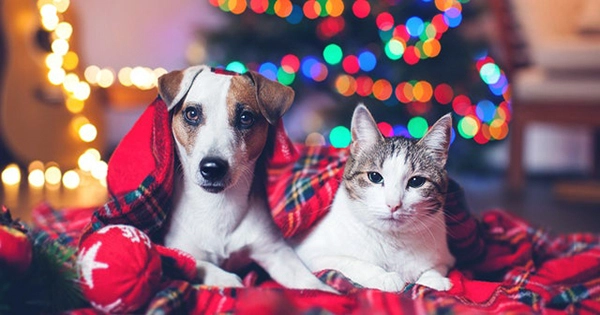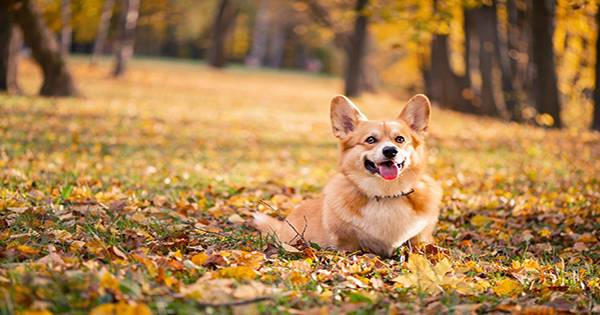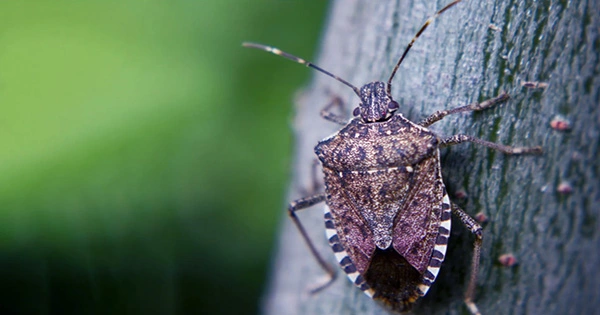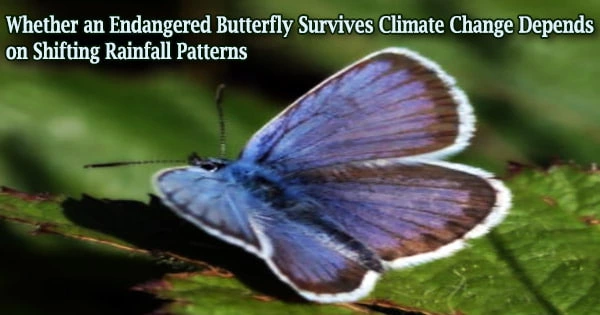Christmas is a lovely time to unwind with family and friends, both human and canine. However, it may be a frightening and hazardous period for pets. Food, gifts, decorations, and even visits to our houses may all cause problems. The holiday season is often one of the busiest times of year for veterinarians. It is crucial to be aware of the threats. It is also crucial to make sure that everyone in the house understands what is and is not safe for family pets. It is always preferable to prevent than cure.
Pet etiquette can also be discussed with visitors. Changes in habit can make some dogs uncomfortable, and they may get upset in the company of strangers. Unfortunately, the epidemic has made matters worse. It is especially important to be cautious about leaving dogs unattended near energetic or unfamiliar youngsters, as bites are a genuine possibility. It may be necessary to provide a secure, quiet location for your pet in order to safeguard both your visitors and your pet.
Festive meals are especially problematic. A delectable feast for us can be lethal for certain dogs, so be cautious about sharing your holiday meals with them. Even little food changes might cause intestinal distress in certain animals, resulting in symptoms of pain. Dogs, on the other hand, are less meticulous about what they eat than cats. This means that while our dogs are more inclined to consume stuff they should not, cats should also watch.
Pancreatitis is a painful and unpleasant ailment that frequently affects dogs that eat fatty meals. To lessen the danger, do not feed leftovers to your dogs. Cooked bones may potentially cause serious harm, so make sure they cannot grab scraps from the garbage. Raisins are harmful to dogs and may be found in mince pies, Christmas cake, and puddings. Grapes, currants, and sultanas also poison dogs, which are used in many holiday dishes. Macadamia nuts, on the other hand, are a health threat, bringing symptoms such as weakness, vomiting, stiffness, and sadness. Choking hazards exist in other nuts and seeds.
Alcohol intake should be restricted to humans exclusively. Food trash and leftovers have even been known to induce alcohol poisoning in dogs, so keep them out of harm’s way as well. Raw bread dough, blue cheese, and salt-dough decorations should all be avoided since they contain elements that might make you sick. Onions, garlic, and chives, for example, contain compounds that are harmful to cats and dogs, and boiling them does not make them less hazardous. Even a single tablespoon of sage and onion stuffing can be dangerous.
Sweets are not much safer. Chocolate is a major source of worry, and the holidays are linked to a higher risk of chocolate poisoning. Artificial sweeteners like xylitol, which is widely found in chewing gum, should also avoid. If you eat the wrappers from candies and chocolates, you could get sick. Foreign substances in the digestive tract are a common condition in dogs and cats, necessitating emergency surgery. Toys presents and decorations can induce intestinal obstruction and harm if swallowed. Plant dangers should also consider. Christmas tree needles may pierce paws, causing discomfort and illness. Poinsettia, mistletoe, and holly berries, among other holiday plants, are poisonous if eaten. Lily leaves, petals, and pollen are very hazardous to cats.
Antifreeze is another threat for cats, with even little levels posing a risk of death. As the weather becomes colder, we use more antifreeze in our automobiles, which might lead to spills. It is also occasionally discovered in some decorations, like as snow globes, so it is important to keep an eye out for our pets. In any event, get veterinarian care as soon as possible if you suspect your pet has eaten or been exposed to something possibly harmful. We can all ensure a safe and relaxing holiday season for our dogs, their veterinarians, and ourselves by following a few precautions.
















